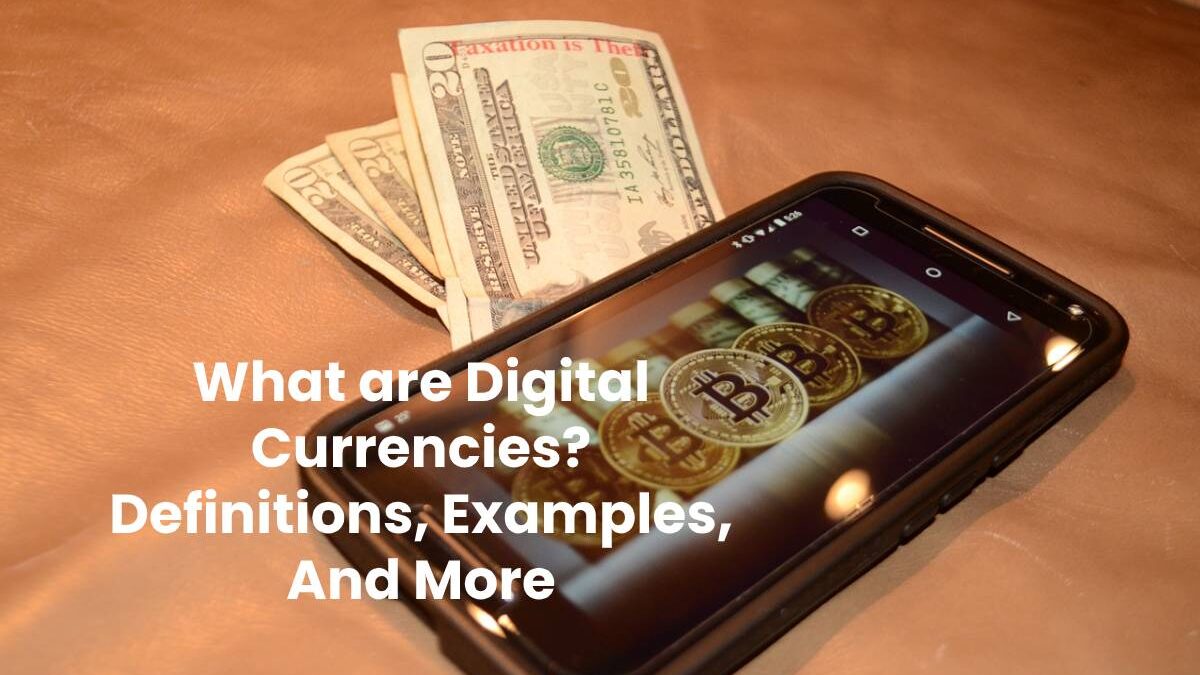Table of Contents
Definition Digital Currencies
Digital and decentralized currencies are in full growth. We analyze the main points of this new industry, as well as the current state of it and the most relevant types that exist. Digital currencies have occupied a large portion of the social impact in recent years. Many startups and consolidated companies begin to experiment and innovate with them, generating an almost constant news cycle.
We take advantage of the ninth issue of Innovation Edge, BBVA’s publication, to address more on this subject and understand its current status.
Digital Currencies are independent, secure and infinite
Digital currencies (like Bitcoin) get managed as their name suggests, digitally (through computers, the internet, etc.). They are also self-regulating and self-currencies, which allows the elimination of intermediaries and, therefore, simplifies transactions and reduce the costs thereof between two or more people.
Due to its advanced system, digital currencies are much more secure than traditional currencies (although they still require further development). It is more complex to “launder” money or carry out funds transfers illegally since everything gets register in the systems. Unlike the traditional currencies, which still leave some margin for carrying out these illegal operations.
Observing this scenario, the long-term growth of digital currencies such as Bitcoin or Dogecoin seems assured. For this reason, the central banks in the world are already beginning to study these new currencies to adapt to the new era that lies ahead. The problem? The lack of a clear and fixed regulation that allows the safe construction of new financial systems around this technology. When that problem is solved, the digital currency boom is almost guaranteed.
Also read: What is Digital Analytics? – Definition, Purpose, And More
Bitcoin is a digital currency, but it is not the only one
If we talk about digital currencies, the first word that probably comes to mind is Bitcoin. And it is that this decentralized currency has achieved a great repercussion, causing an effect similar to that of the Kleenex (frequently used for any type of tissue) or that of Coca-Cola (often used for any kind of sugary cola-flavored soft drink). However, as we can see in Innovation Edge, it is not the only digital currency that we can find today.
These are some examples
Dogecoin
A more evolved version than the average for digital forests. It offers extra security and allows greater freedom to carry out transactions and mine (one of the processes with which Bitcoins get obtained).
Ripple
A digital currency intended mainly for credits. In this case, there are no intermediaries either, but it is the users themselves who transfer the money from one to the other and register the debts and credits.
Amazon Coin
Yes, the giant Amazon has also decided to enter this world with a digital currency intended for payments on all its platforms. Its use is still much lower than that of the standard money, but the bet is there, and the company tries to stimulate it little by little.
As you can see, the rise of digital currencies is unstoppable. Numerous currencies emerge each year, and, above all, the interest around them increases exponentially. And all this, fortunately, will lead us to safer, fairer and, above all, simpler financial management.
Also read: What is Permalink? – Definition, Information, Example, And More
Kamran Sharief
Related posts
Recent Posts
The Importance of Data-Driven Decision-Making for SaaS Startups
At Software as a Service (SaaS) startups, making informed decisions is the cornerstone of success. One invaluable asset every savvy…
Top Decathlon in Shakespear Sarani-Park Circus, Kolkata
Decathlon Shakespear is one of the most extensive sports equipment selling worldwide. Today, more than 90-thousand collaborators of more than…



